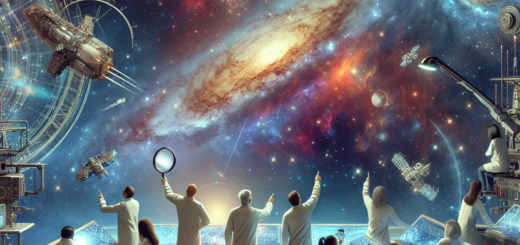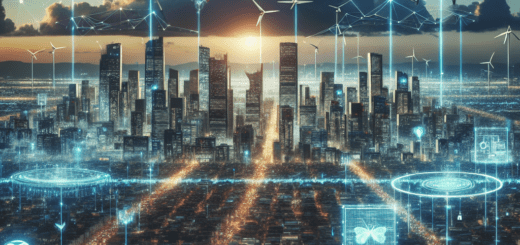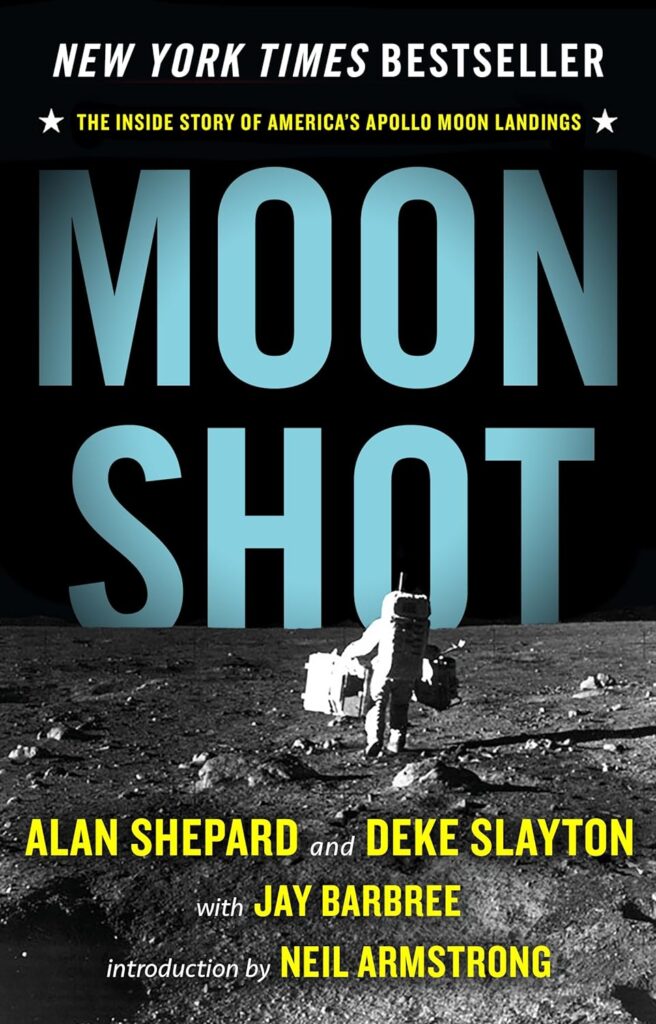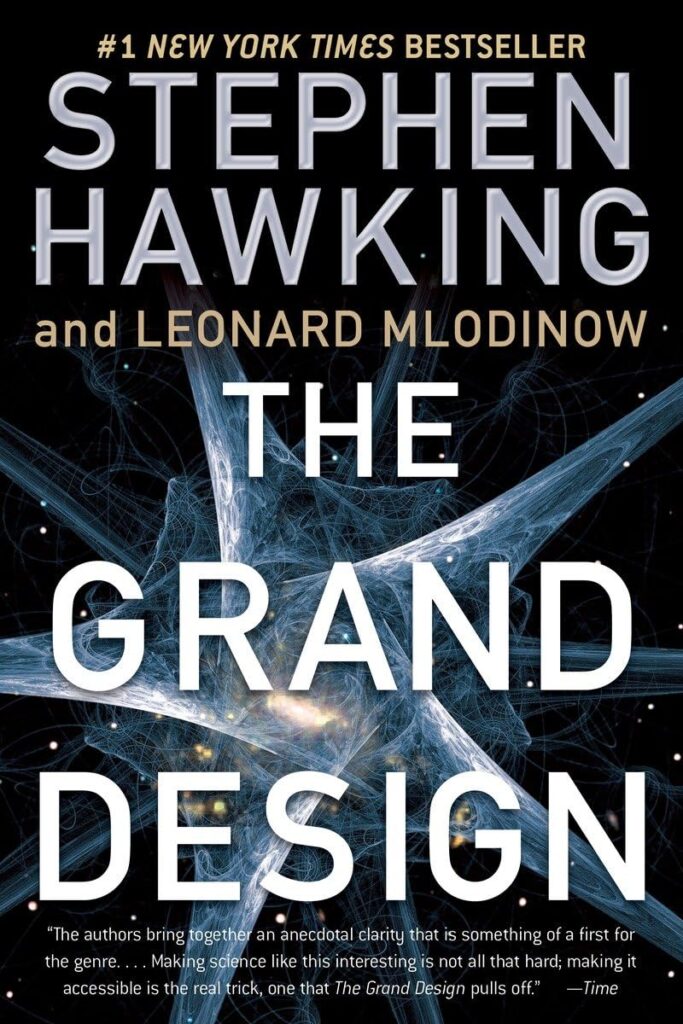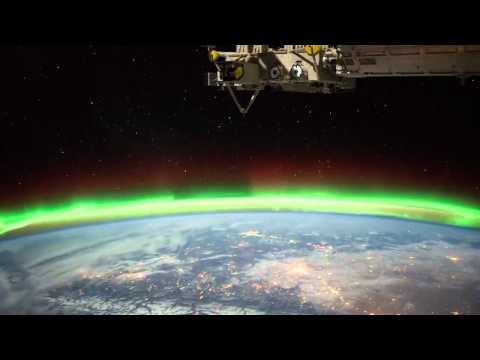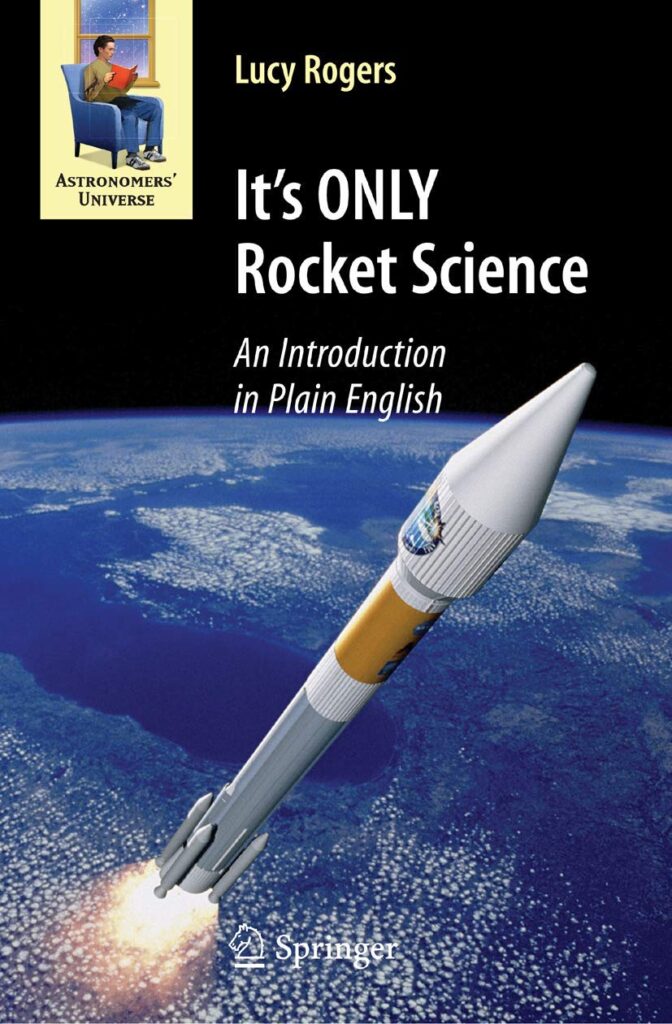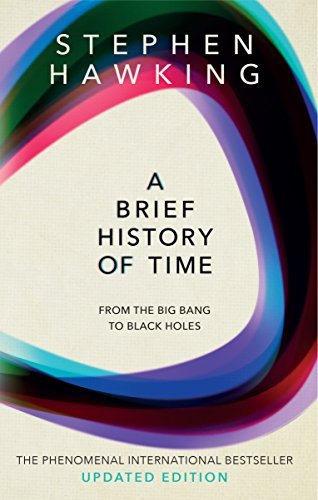Dystopian Worlds: A Look at How Literature Reflects Our Fears and Hopes for the Future
Dystopian worlds have long been a popular theme in literature, reflecting our fears and hopes for the future. These fictional worlds often serve as cautionary tales, warning us of the potential consequences of our actions if we do not change our ways. At the same time, they can also offer a glimmer of hope, showing us that even in the darkest of times, there is still a chance for redemption and a better tomorrow.
One of the most iconic dystopian novels is George Orwell’s “1984,” which paints a bleak picture of a totalitarian society where individual freedoms are sacrificed for the sake of conformity and control. In this world, the government monitors its citizens’ every move, rewriting history to suit its own agenda, and erasing any dissenting voices. Orwell’s novel serves as a stark reminder of the dangers of unchecked power and the importance of standing up for our rights and freedoms.
Another classic dystopian work is Aldous Huxley’s “Brave New World,” which envisions a society where people are genetically engineered and conditioned to fit into predetermined social roles. In this world, happiness is achieved through mindless consumption and conformity, while individuality and critical thinking are discouraged. Huxley’s novel raises important questions about the nature of happiness and the cost of sacrificing our humanity for the sake of social harmony.
More recent dystopian works, such as Margaret Atwood’s “The Handmaid’s Tale” and Suzanne Collins’ “The Hunger Games,” continue to explore themes of oppression, inequality, and resistance. In Atwood’s novel, women are stripped of their rights and forced into servitude, while in Collins’ series, young people are pitted against each other in a deadly game for the entertainment of the ruling elite. These stories serve as powerful reminders of the dangers of complacency and the importance of fighting for justice and equality.
While dystopian literature can be dark and unsettling, it also offers us a glimmer of hope. These stories show us that even in the face of overwhelming odds, there is still a chance for change and redemption. By shining a light on the darkest aspects of human nature, dystopian literature challenges us to confront our own fears and prejudices, and to work towards creating a better, more equitable world for all.
In conclusion, dystopian worlds in literature reflect our fears and hopes for the future, serving as cautionary tales and inspiring stories of resistance and redemption. By exploring these fictional worlds, we can gain a deeper understanding of the challenges we face as a society, and find the courage to stand up for what is right. As we continue to grapple with issues of oppression, inequality, and injustice, dystopian literature serves as a powerful reminder of the importance of fighting for a better tomorrow.

